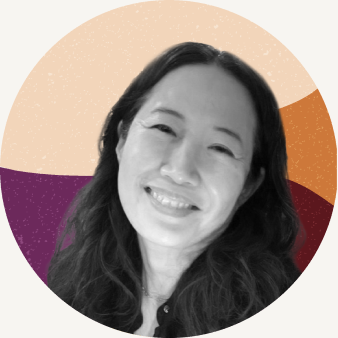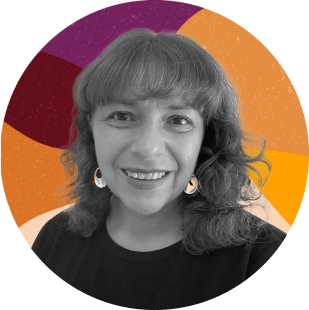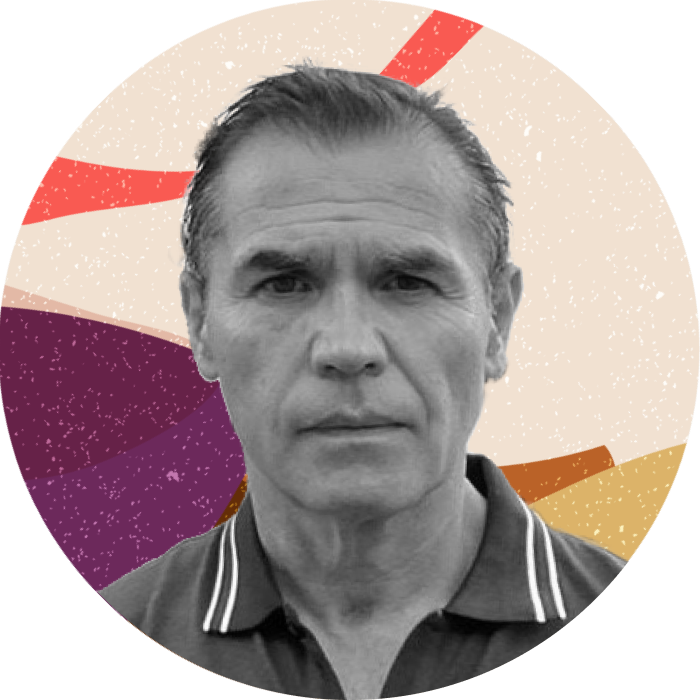evidence for equity
established in 2022, verge uses a multidisciplinary lens to address longstanding sexual and reproductive inequities by focusing on neglected and intersectional contributors such as climate change, race/ethnicity, economic disadvantage and place of residence.
mission
verge aims to advance reproductive equity and address reproductive health disparities by generating evidence rooted in community-based partnerships and multidisciplinary, creative approaches and innovations.
priorities
creativity
bringing new questions and approaches to addressing inequities
under-researched
addressing overlooked or
under-recognized contributors to inequities
multidisciplinarity
underserved
prioritizing individuals, communities and groups with the greatest needs
open-mindedness
open to new questions, approaches and ideas
collaboration
partnering with individuals and groups who work with those most affected by inequities
we believe that collaboration among people with wide-ranging backgrounds and perspectives will yield new ideas, approaches and strategies for addressing reproductive and intersectional inequities.
about us
we are committed to building a multidisciplinary team that is diverse in the broadest sense, bringing together people with different life experiences, professional skills and perspectives to identify new ways to generate the evidence needed to address inequities.
the problem
access to reproductive options and successful reproductive outcomes remain highly constrained by numerous situational and systemic factors. greater focus on the role of factors such as race/ethnicity, socioeconomic status, culture and geography is needed.
our approach
we believe that collaboration among people with wide-ranging backgrounds and perspectives will yield new ideas, approaches and strategies for addressing reproductive and intersectional inequities. verge will ask novel questions, seek new sources and types of information, and utilize creative approaches to analyze data.
team

elisa lee
lola guerra

rasha dabash
sandra garcia

wendy sheldon

daria james
manuel bousiéguez

